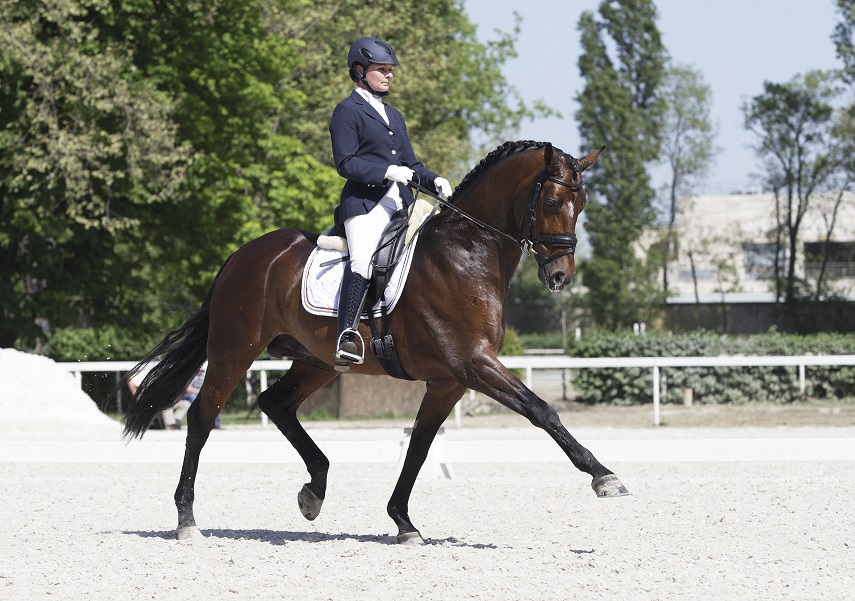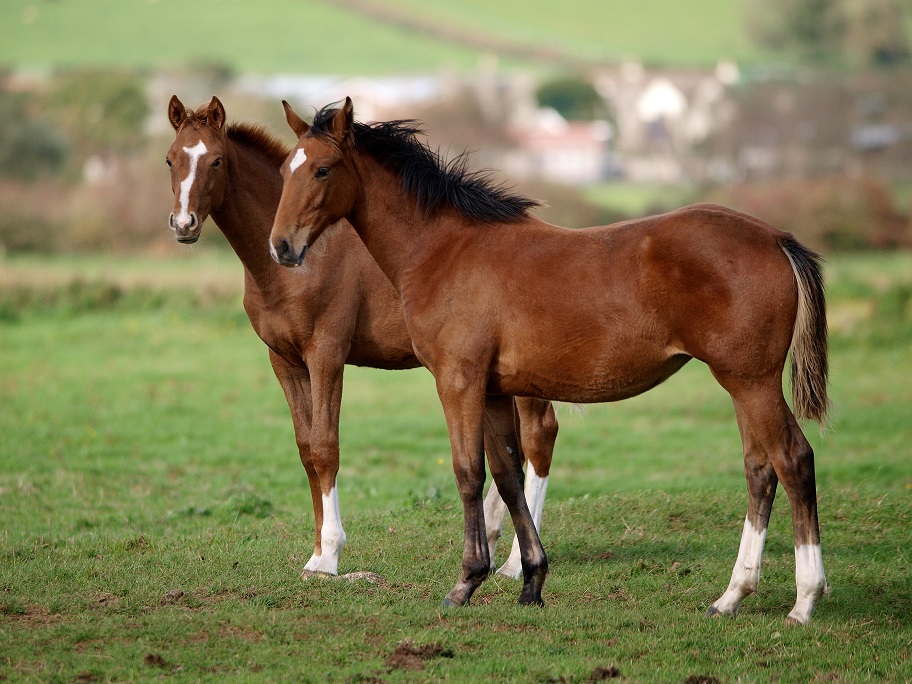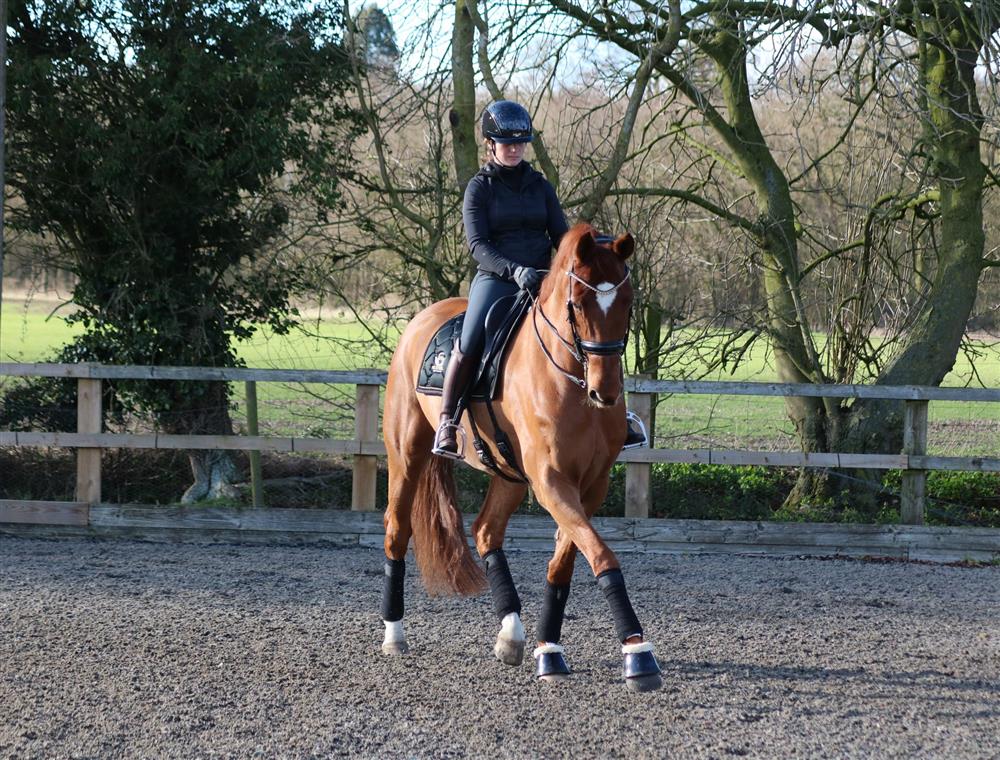What is protein?
Protein is made up of amino acids, essentially in a long chain. There are 21 amino acids, 9 are essential for horses (Histidine, Isoleucine, Leucine, Lysine, Methionine, Phenylalanine, Threonine, Tryptophan, Valine). The remainder are non-essential amino acids (Alanine, Asparagine, Aspartate, Arginine, Cysteine, Glutamate, Glutamine, Glycine, Selenocysteine, Serine, Proline, Tyrosine). However scientific research indicates that only Lysine and Leucine have any effect on muscle mass.
What are essential amino acids?
Essential amino acids are those that cannot be synthesized by the body so must be consumed in the horse’s diet. Non-essential amino acids can be created by the horse themselves in the digestive tract. Some amino acids are also labelled as “limiting” amino acids, this is because if they are not present in sufficient quantities then the horse cannot utilise any of the other amino acids provided in their diet. Lysine is the first limiting amino acid for the horse. This means that the horse may have a high protein diet but if it is lacking in Lysine they will still be protein deficient. Lysine is particularly important for youngstock as a deficiency will limit their growth.

How much protein does my horse need?
The daily protein requirement for the horse can range from about 8% to 15% of their ration. This can often be covered by good quality forage and feed, but not always. The average horse weighing 500kg, in no work, consuming 2% of their body weight each day will need a minimum of around 630 grams of protein per day to remain healthy.
How can I tell if my horse is protein deficient?
As a general rule, if the horse is in good condition and is not lacking in energy then their protein requirements are likely to be sufficient. This doesn’t necessarily mean that they are receiving their adequate essential amino acids such as Lysine. Horses who have restricted grazing and/or forage, as well as those with a higher exercise demand are likely to need a revised diet. Common signs of protein deficiency in horses include:
- Lack of stamina
- Loss of muscle mass
- Poor growth rate
- Poor hoof growth and coat quality
- Low milk production in lactating mares
Which horses need higher protein diets?
The amount of protein required is determined by the horse’s age and workload and every horse should be considered individually to best cater for their needs. Horses with higher protein needs include horses in medium to heavy work, pregnant or lactating mares, youngstock and older horses. Muscle protein synthesis happens fastest during growth and reduces as the horse gets older.
Often, additional protein is needed to develop muscle mass and repair muscle tissue especially for horses in hard/intense work. The combination of amino acids, carbohydrates and branch chain amino acids will reduce muscle breakdown and result in higher level of muscle synthesis. A horse in intense work can have up to double the protein requirements compared to a horse at maintenance. Performance horses need additional muscle mass in order to support their riders, execute their jobs and to protect their joints, tendons and ligaments.

Can you feed protein without feeding all the calories?
To some extent, yes. There are many horses that require additional protein but are overweight and therefore their calorie intake must be monitored to prevent excessive weight gain. Good quality forage is always a great start as this will also provide them with the fibre needed to support healthy digestion. In order to feed extra protein, the feedstuffs often used will need to be fed in fairly large quantities, meaning extra calories. Increasing exercise is helpful but this is not always possible for horses such as broodmares or very good doers. In cases like these, a vitamin and mineral supplement alongside a protein supplement (such as Muscle Fuel®) can be beneficial as these are fed in small quantities without the unnecessary calories.
How can I help my horse to build muscle?
It must be noted that exercise often activates the muscle conditioning process but does not “make” muscle. Good nutrition provides the building blocks of protein, amino acids, which produce and repair muscle. Therefore, a regular training programme and providing amino acids after exercise will ensure optimal effects of supplementation, helping to speed up recovery and reduce muscle breakdown.

What else should I consider?
Electrolytes! Theses can help with muscle recovery by delaying the onset of fatigue by over 20% and reducing recovery time.
Please note that high protein diets will not prevent weight loss if the horse’s calorie intake is deficient. Using feeds with a higher oil and fat content will increase calorie intake but not necessarily protein intake.
To perform to their genetic potential and develop topline, ensure that you horse is receiving their protein requirements! For more information on our high quality muscle building supplement, Muscle Fuel®, CLICK HERE.

